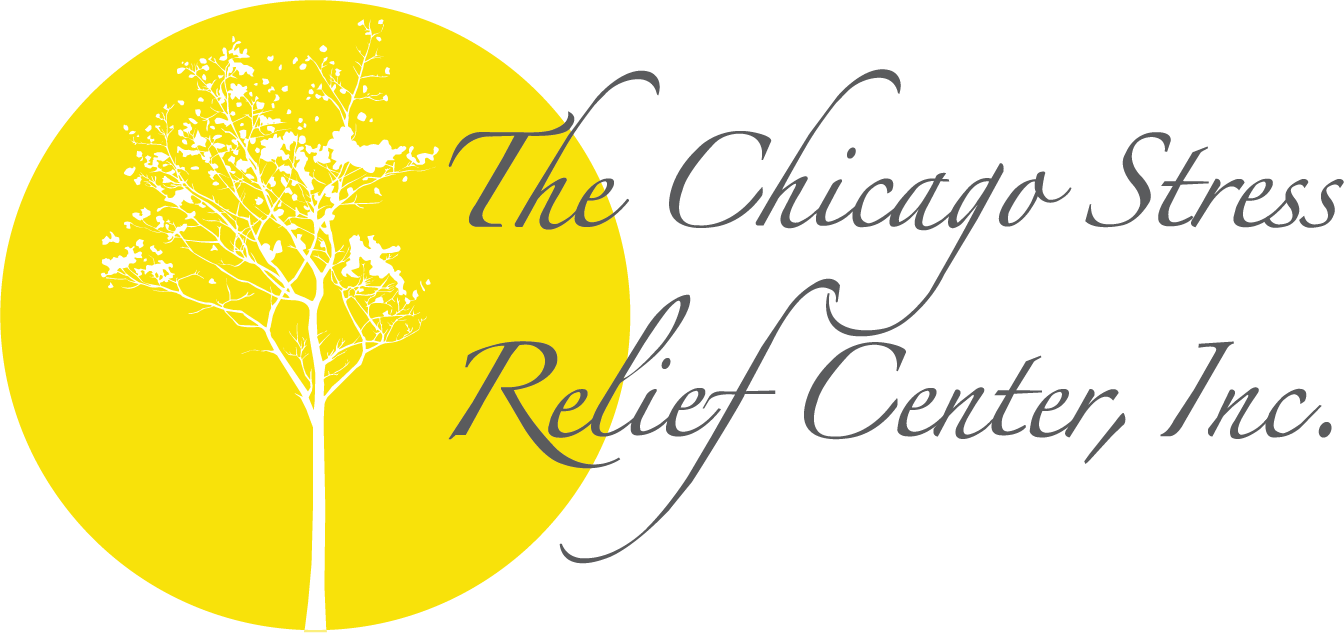Insomnia Disorder is a sleep-wake disorder in which an individual has difficulty falling or staying asleep. While most individuals have occasional difficulty sleeping, these difficulties must occur at least three times a week for at least three months to meet criteria for Insomnia Disorder. People with Insomnia Disorder often experience anxiety and worry about the quality of their sleep, or the next-day effects of a poor night’s sleep. They may also attempt to “make up for” a poor night’s sleep by sleeping in, napping, or cancelling morning obligations. Paradoxically, these worries and attempts to compensate tend to increase sleep difficulties long-term.
Insomnia Disorder may occur in isolation, or alongside other mental health conditions such as anxiety disorders, mood disorders, and Post traumatic Stress Disorder. Regardless of its presentation, individuals with Insomnia Disorder can experience significant benefits to both sleeping and waking hours through therapy intervention. Symptoms of Insomnia Disorder vary across individuals, but typically include one or more of the following:
- Trouble falling asleep despite plenty of opportunity to do so (e.g., not due to new parenthood, military service, etc)
- Waking several times during the night with difficulty returning to sleep
- Waking earlier than intended, and being unable to return to sleep
- Not feeling rested upon waking
- Fatigue or tiredness during the day
- Difficulty focusing on tasks during the day
- Daytime irritability
- Sleep disturbance interferes with work, school or personal activities
We at The Chicago Stress Relief Center have the necessary training and resources to deliver evidence-based treatment to Insomnia Disorder sufferers of all ages. We use a combination of Sleep Restriction, Sleep Hygiene, Float Therapy and Cognitive Behavioral Therapy techniques in the treatment of Insomnia Disorder. Through Sleep Restriction, individuals with Insomnia Disorder make changes to their sleep schedule to encourage high quality, more efficient sleep. Education regarding Sleep Hygiene is provided to aid individuals in creating an environment that encourages sleep, for example, by ensuring that the bedroom is dark and cool, and that other activities not conducive to sleep (e.g., work, homework, social media use) are not performed in bed.
Through Cognitive Behavioral Therapy, individuals suffering from Insomnia Disorder learn to identify their worrisome thoughts associated with sleep, and to replace those with more adaptive thoughts. For example, instead of thinking that “I have to sleep in or I will embarrass myself at work tomorrow,” individuals may remind themselves that “I have performed well enough at work after a poor night’s sleep before – I can probably do so again.” If you or someone you know would benefit from our Insomnia Disorder treatment services, please contact us at (847) 412-0922.
